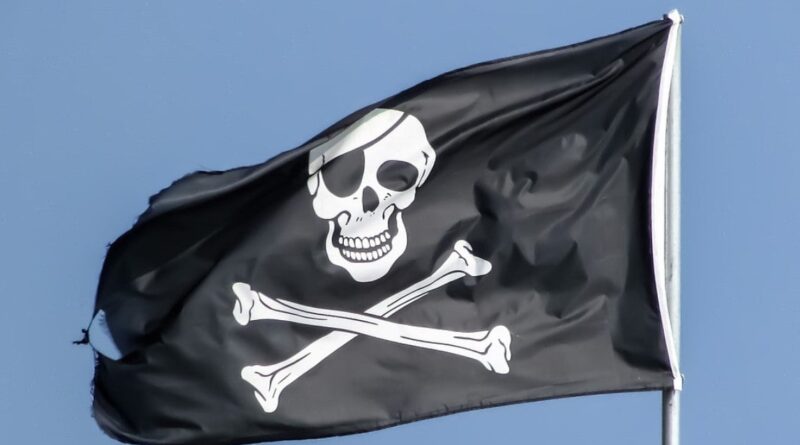Cox Asks Supreme Court to Protect Webmasters from ‘Appeal Impact’ * TorrentFreak
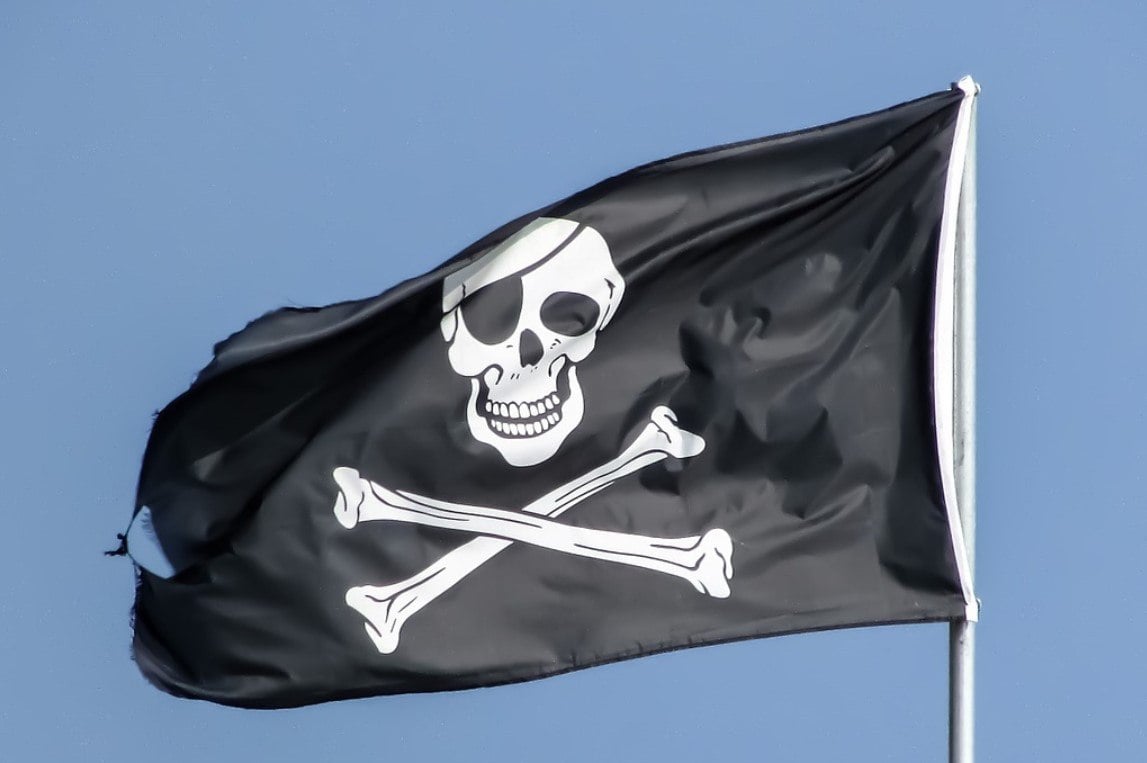 At the end of 2019, Internet provider Cox Communications lost its legal battle against a group of major record companies, including Sony and Universal.
At the end of 2019, Internet provider Cox Communications lost its legal battle against a group of major record companies, including Sony and Universal.
After a two-week trial, a Virginia jury found Cox guilty of defrauding its subscribers. The ISP failed to cut off repeat offenders and was ordered to pay $1 billion in damages.
Cox challenged the ruling in several ways and earlier this year won a partial victory. The Fourth Circuit Court of Appeals affirmed the ISP’s liability for copyright infringement, but returned a negative finding of copyright infringement. A new trial will determine the appropriate amount of costs given these new decisions.
After this decision, Cox asked that the question of damages be stayed, as there were other issues. Among them, the proposed Supreme Court appeal filed a few hours ago.
Cox Appeals to the Supreme Court
In a public announcement today, Cox warns that the current decision endangers Internet access for all Americans, as it forces ISPs to terminate the accounts of subscribers who are repeatedly accused of sharing copyright-infringing content.
“Stopping Internet service won’t just affect the person accused of illegal downloading, it will keep the whole family off the Internet,” says Cox.
“This could have a particularly negative impact on rural communities with a single service provider or where the service provider offers slow or unreliable connections – the termination will leave a family with no access to to go online.”
After the Cox case was filed, similar charges were filed against other Internet providers, including Grande, Verizon, RCN, Bright House, Frontier and others. Some complaints were resolved while others are still pending.
These cases have changed the way Internet providers deal with repeat violations on their networks and “terminations” have become commonplace. According to Cox, however, the current decision goes too far.
Draconian Accountability System
In its appeal Cox writes that, in its view, the lower court’s ruling stretches the service provider’s liability too far. As a result, ISPs find themselves ‘forced’ to terminate subscribers, who may have made the slightest mistake.
“Cox Communications – which provides internet services to millions of homes and businesses – must stop internet connections that were previously used for infringement or face liability for infringement any future.
“In doing so, the court instituted the most burdensome second-party tort system in the country, one that spans three other circuits, runs counter to this Court’s precedent, and threatens to disrupt the internet. -rang,” Cox warns.
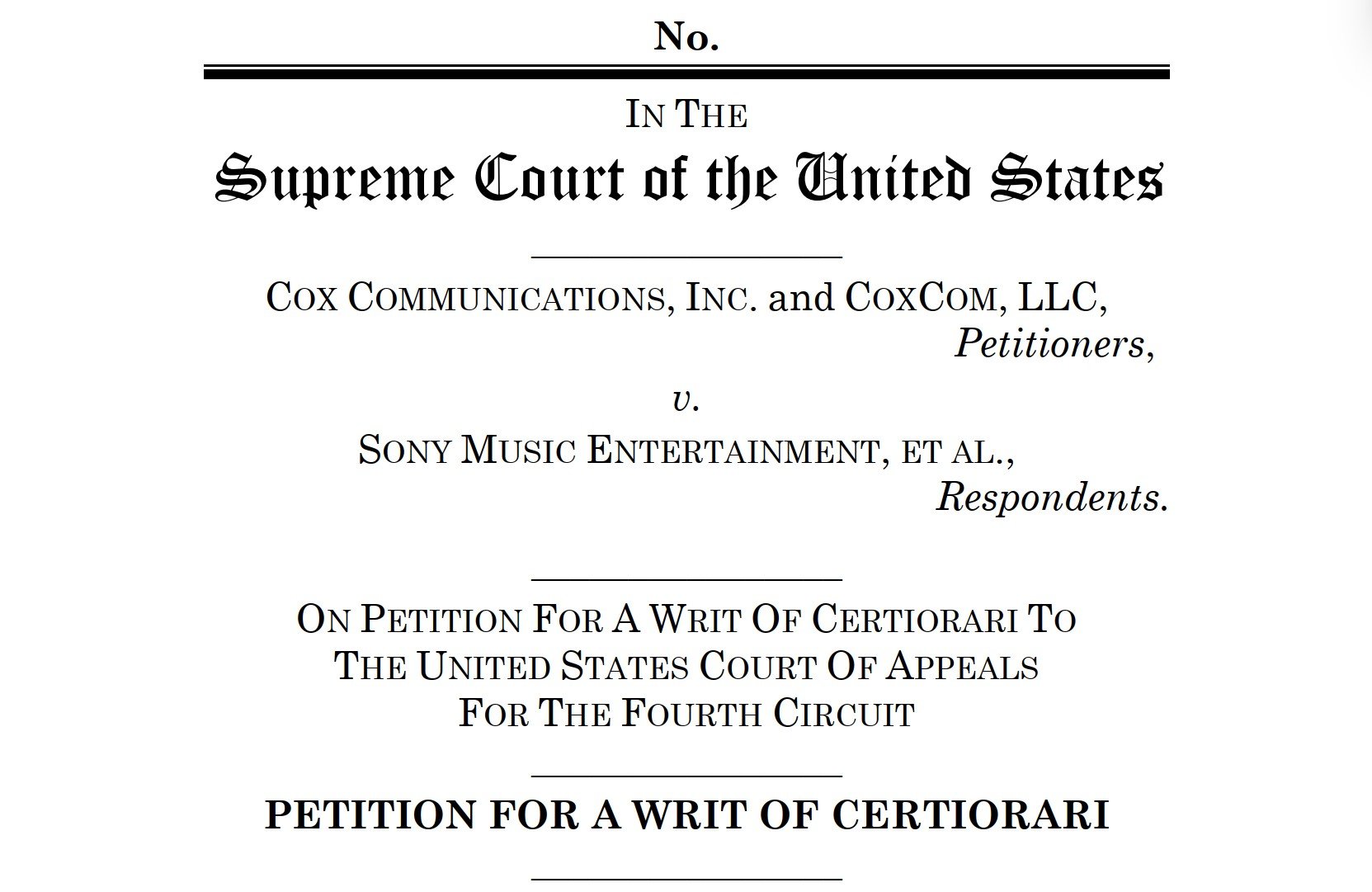
The appeal of the Supreme Court aims to put the issue of ‘frequent offender’, noting that fraudulent accounts represent about 1% of all subscribers. Of this group, Cox was able to persuade 95% to stop.
The remaining ‘repeat offenders’ were able to move on. The music companies argued that the ISP should have terminated these accounts, about 57,000 in total, but Cox believes this is a step too far.
Universities, Hotels and Military Homes
Cox argues that subscribers should not lose their Internet access based on unadjudicated third-party claims; especially since repeat offenders have included business accounts with multiple connections at the same time.
“In fact, the accounts that continue to collect notifications without termination were local ISPs, universities, hotels, military bases and other commercial accounts used by hundreds or thousands of users,” reads the petition.
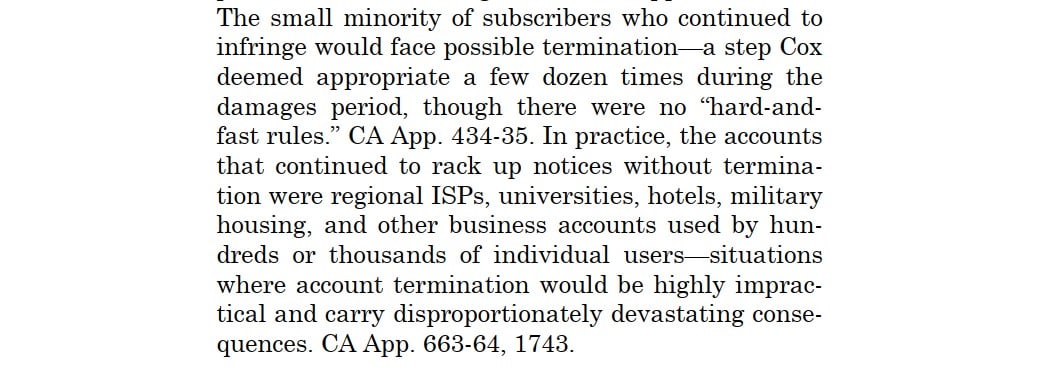
Cutting universities and hospitals can have serious consequences but Cox also continued to provide its services to many regular subscribers, who continued to pirate.
Although these examples are not very impressive, the company argues that cutting regular subscribers can have serious consequences.
“Even for people who have, in fact, violated, the loss of internet access is a very heavy penalty for downloading two songs illegally. A person without Internet may lose work or have to drop out of school.”
Cox hopes that the Supreme Court will take the case and reduce the second liability for Internet providers. The Fourth Circuit’s current decision is heavily weighted in favor of copyright holders, to the detriment of ISPs and their subscribers, the appeal argues.
Two questions
In recent weeks, Cox has gone to great lengths to explain his situation to reporters. In doing so, a strong focus was placed on the potentially harmful impact on Internet users.
Although this is undoubtedly an important issue, the issue is about the responsibility of the service provider. And the important questions raised in the Supreme Court do not directly affect rural hospitals.
This case is about who is responsible for Internet theft. Are only users really sharing pirated content, or can ISPs be held responsible as well?
The Fourth Circuit ruled that Cox “contributed” to its subscribers’ violations, because the company knew about the activity and did not delete their accounts.
That leads Cox to pose the following question to the Supreme Court:
“Did the Fourth Circuit err in holding that the service provider could be held liable […] simply because it knew that people were using certain accounts to violate the law and that they did not terminate access, without evidence that the service provider encouraged the violation or otherwise intended to continue it?”
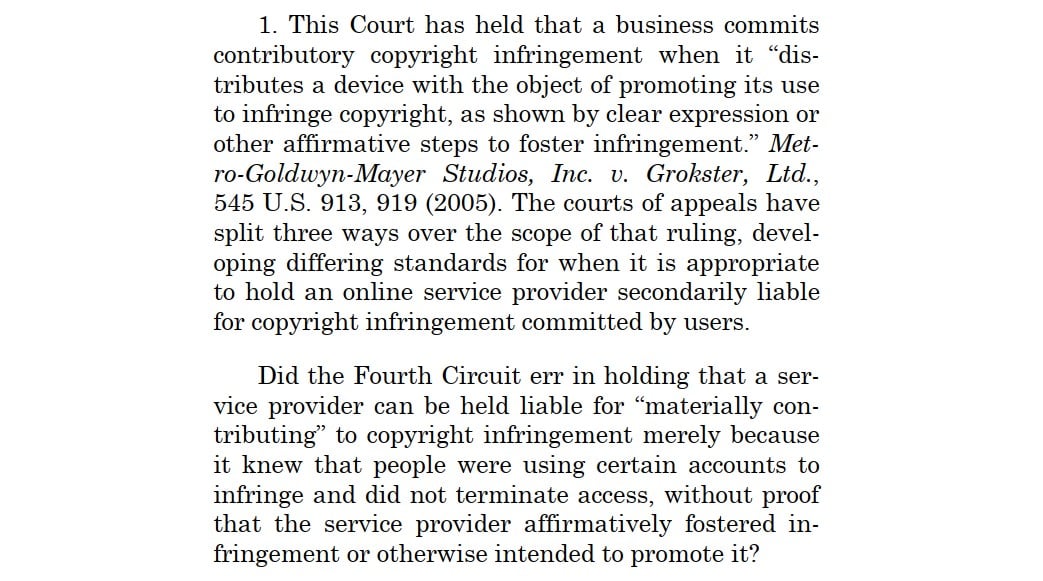
The second question is indirectly related to the award of damages. The court imposed the maximum statutory damages of $150,000 per employee, which is usually reserved for “willful” violations.
Cox questions whether knowing about a subscriber’s violation is intentional, if the company didn’t know its behavior was illegal.
“Did the Fourth Circuit err in holding that mere knowledge of another person’s direct wrongdoing is sufficient to establish willfulness under 17 USC § 504(c)?” the application reads.
Location Matters
If the Supreme Court decides to take up this case, it will undoubtedly result in an important decision. Music companies are also indicating that they may take their case to court, which will make the issue even more important.
Both parties are expected to obtain support from third parties, who are expected to provide supporting comments on their behalf. After that, the Supreme Court will have to decide whether to take the case or not.
Regardless of the final outcome, Internet providers could benefit from more clarity on the “peat infringer” problem. Whether they will be happy with the outcome remains to be seen.
–
A copy of Cox Communications’ High Court appeal is available here (pdf)
#Cox #Asks #Supreme #Court #Protect #Webmasters #Appeal #Impact #TorrentFreak
